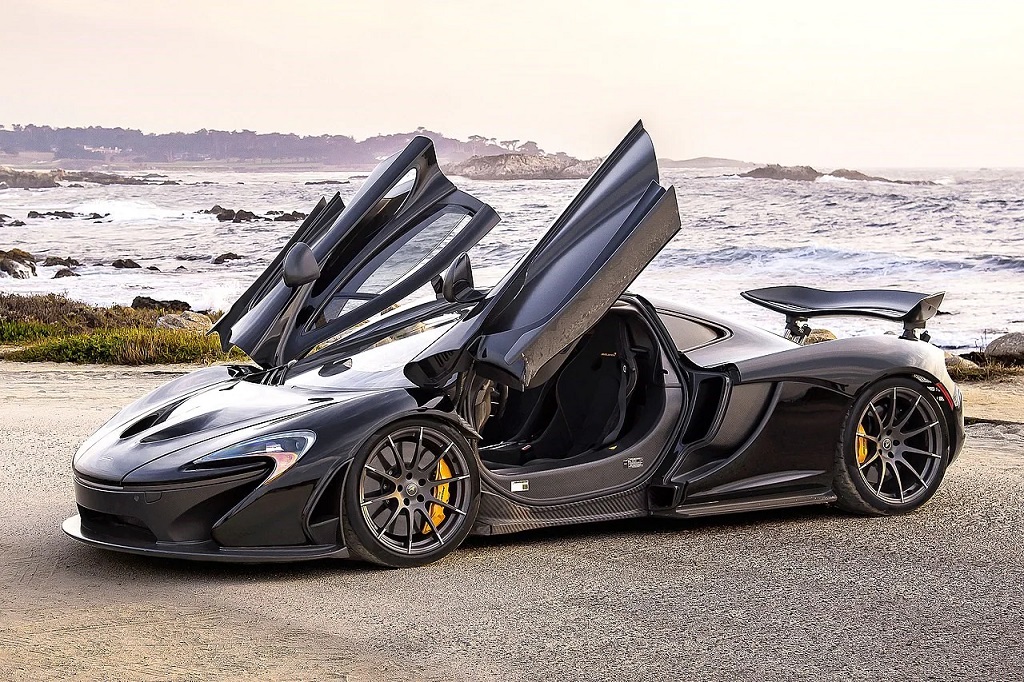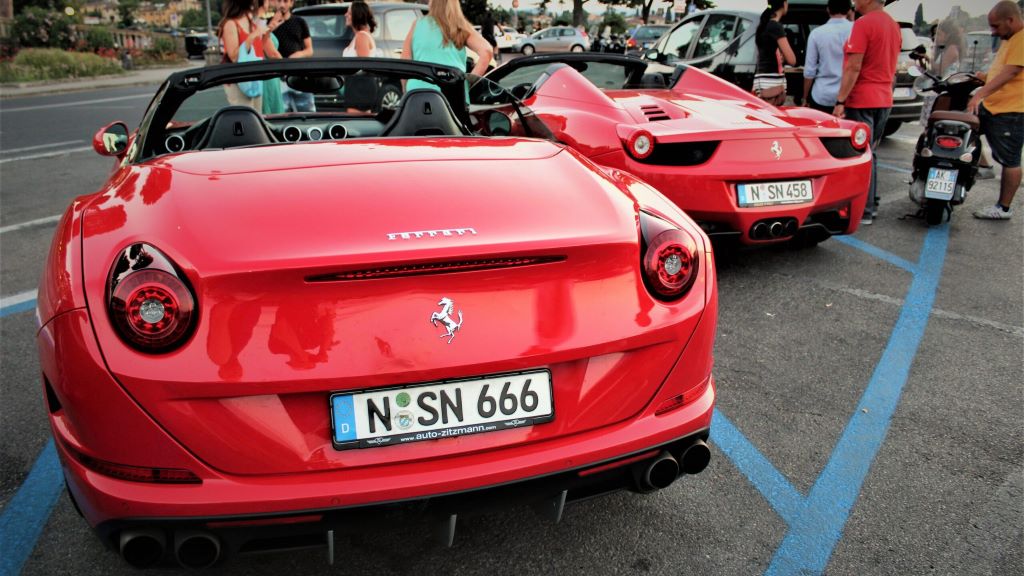Luxury cars have always been a symbol of prestige and status. From sleek sports cars to elegant sedans, these vehicles offer more than just transportation; they provide an experience. However, maintaining such vehicles requires complete automotive care at https://ourautocity.com/. But have you ever wondered if owning a luxury car is considered a normal good in economics? In this article, we’ll delve into the concept of normal goods, explore the dynamics of luxury car ownership, and examine whether these high-end automobiles fit the criteria of a normal good.
Understanding Normal Goods
To begin our exploration, let’s first define what normal goods are. In economics, normal goods are products or services for which demand increases as consumer incomes rise, while demand decreases as incomes fall. In simpler terms, when people earn more money, they tend to buy more of these goods.
Characteristics of Normal Goods
- Income Elasticity: Normal goods typically have a positive income elasticity of demand, meaning that as consumers’ incomes increase, their demand for these goods increases as well.
- Consumer Preferences: The demand for normal goods is closely tied to consumer preferences and tastes. As people’s preferences change, their demand for these goods may also shift.
Now that we have a clear understanding of normal goods, let’s explore whether luxury cars fit this category.

Luxury Cars: A Status Symbol
Luxury cars, with their advanced features, impeccable craftsmanship, and prestigious brand names, are often seen as a status symbol. If you’re looking to discover luxury cars with impressive features and impeccable designs, you should definitely like https://ourautocity.com/luxury-and-exotic-cars/rolls-royce-a-supercar-or-luxury-car/. People who can afford luxury cars often see them as a reflection of their success and social status. However, this perception can vary based on individual preferences and economic circumstances.
The Luxury Car Market
- Variety of Brands: The luxury car market is diverse, with a wide range of brands catering to different tastes and preferences. From Mercedes-Benz to Rolls-Royce, there’s a luxury car for every discerning consumer.
- High Price Tags: Luxury cars come with hefty price tags, often significantly higher than standard vehicles. This makes them inaccessible to many consumers.
Income Elasticity of Luxury Cars
The income elasticity of luxury cars can be complex. While it’s true that as people’s incomes rise, they may be more inclined to purchase luxury cars, the demand is not as straightforward as it is for typical normal goods like groceries or clothing. Several factors come into play:
- Consumer Aspirations: Some consumers may aspire to own a luxury car when their income increases, viewing it as a reward for their hard work and success.
- Budget Constraints: For others, even with increased income, budget constraints or other financial priorities may limit their ability to purchase a luxury car.
- Alternative Preferences: People have diverse preferences. Some may prefer practicality and invest in real estate or other assets rather than a luxury car.

Luxury Cars as Veblen Goods
In addition to the normal good categorization, luxury cars also exhibit characteristics of Veblen goods. Veblen goods are those for which demand increases as their price rises. In other words, the higher the price, the more desirable they become due to their exclusivity and status symbol.
The Veblen Effect
- Conspicuous Consumption: Luxury cars are often associated with conspicuous consumption, where people showcase their wealth and social status through ostentatious purchases.
- Brand Image: Prestigious brands like Ferrari and Lamborghini thrive on the Veblen effect. The higher the price, the more desirable the brand becomes.
Conclusion
So, is a luxury car a normal good? The answer is not as straightforward as it may seem. While luxury cars do exhibit some characteristics of normal goods, such as a positive income elasticity for some consumers, they also carry elements of Veblen goods, where their exclusivity and high price contribute to their desirability.
In the end, whether a luxury car is a normal good or not depends on individual circumstances, preferences, and economic considerations, making the question of which car is JDM king? a matter of personal choice and passion within the automotive community. It’s safe to say that luxury cars straddle the line between being a status symbol and a practical purchase, making them a fascinating topic in the world of economics and consumer behavior.
FAQs (Frequently Asked Questions)
- Are luxury cars only for the wealthy?
Luxury cars are often associated with wealth, but individuals with varying income levels may choose to purchase them. However, their affordability depends on personal financial circumstances and priorities.
- Do luxury cars hold their value better than standard cars?
Luxury cars, particularly certain prestigious brands, can hold their value well. However, depreciation rates can vary based on factors like the make and model of the car.
- Are there affordable luxury cars available in the market?
Yes, some luxury car brands offer more affordable models to cater to a broader consumer base. These models may provide a taste of luxury without the exorbitant price tags.
- Are luxury cars environmentally friendly?
Luxury car manufacturers are increasingly incorporating environmentally friendly technologies, such as hybrid and electric options. However, the environmental impact of any vehicle depends on its specific features and usage.
- Can I finance a luxury car purchase?
Yes, many dealerships and financial institutions offer financing options for luxury car purchases. These options can help individuals spread out the cost of ownership over time.





